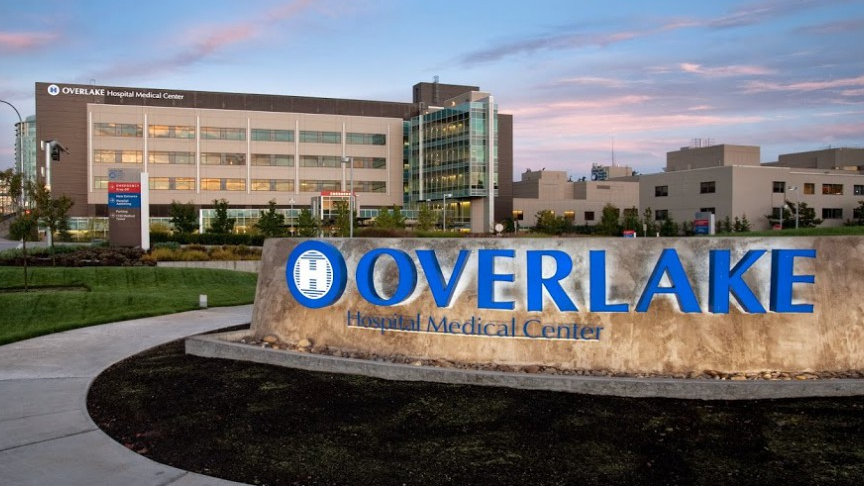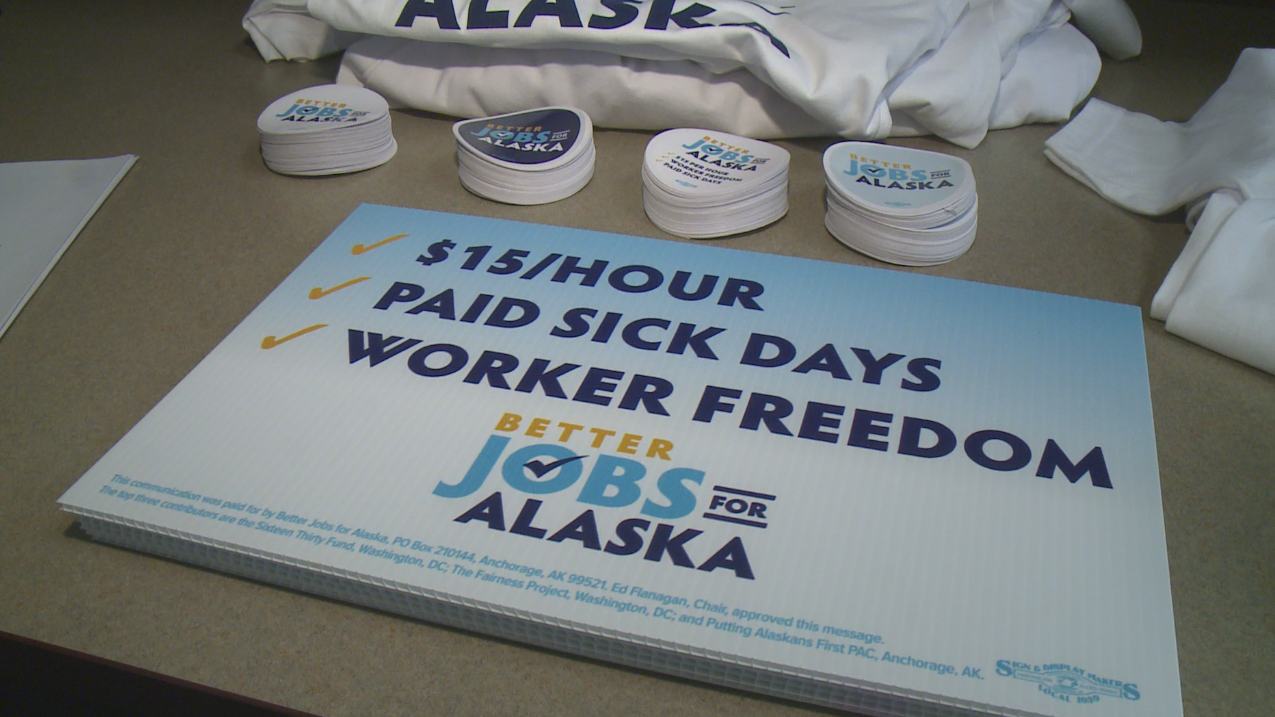Working in healthcare can be demanding. Long hours and unexpected situations at healthcare facilities are often part of the job. But what about being forced to work overtime? In Washington state, new legislation starting July 1, 2024, protects healthcare workers from mandatory overtime and gives them more control over their schedules.
The Key Rule: Overtime is Voluntary
The core principle of the law is simple: healthcare facilities must limit when employees are required to work beyond their predetermined regularly scheduled shifts. This policy applies to Registered Nurses (RNs), Licensed Practical Nurses (LPNs), Certified Nursing Assistants (CNAs), Surgical Technologists, Diagnostic Radiologic Technologists, Cardiovascular Invasive Specialists, and Respiratory Care Practitioners directly involved in patient care. If the Employer asks workers to stay past their shift, they have the right to say no.
Exceptions: When Overtime Might Be Okay
There are four exceptions to the no-mandatory-overtime rule:
1. Unforeseeable Emergent Circumstance
Any declared national emergency, state emergency, municipal emergency, activated healthcare facility disaster plan, or unforeseen other catastrophic event substantially increases the need for healthcare services.
2. Patient in Progress
When an employee is required to work overtime to complete a patient care procedure already in progress, the Employee’s absence could adversely affect the patient.
3. Prescheduled On-Call Time
These shifts require the Employee to be available in case of emergencies, but the actual work hours cannot be predetermined to exceed the Employee’s regular schedule. For instance, being on-call for overnight emergencies wouldn’t violate the law, but being on-call for a non-emergency surgery scheduled to run late would.
4. Reasonable Efforts
Chronically short-staffed employers cannot use the “reasonable effort” exception. To use this exception, the Employer must document that they sought individuals to volunteer to work extra time from all available qualified staff who are working, contacted qualified employees who have made themselves available to work extra time, sought the use of per diem staff, and sought personnel from a contracted temporary agency.
Breaks: Meal and Rest Periods
A healthcare employee’s meal period must be uninterrupted and at least 30 minutes long. Employees working more than five hours must receive a 30-minute meal period between the second and fifth hours of work. A second, 30-minute meal period must be given within 5 hours of the end of the first meal period and for each five hours worked thereafter. These breaks ensure they have time to rest and recharge before continuing their shift. Meal periods must be paid if the Employer requires the Employee to remain on duty on the premises or at a prescribed work site and to act in the Employer’s interest. Additionally, it provides employees who work more than 12 consecutive hours the option to have at least eight consecutive hours of uninterrupted time off.
Repercussions: Holding Facilities Accountable
The Washington State Department of Labor & Industries (L&I) enforces this law. Healthcare facilities that pressure employees into overtime or do not provide required breaks can face penalties. There is no extra pay for the Employee if they do not get the required time off, but there are potential fines for facilities. The violation is a class 1 civil infraction, and the penalties are as follows:
- 1st – 3rd Infractions – $1000 per infraction
- 4th infraction – $2000
- 5 or more infractions – $5000 per infraction
The law also requires that the Employer must record all missed meal or rest periods and keep these records on file.
More information is available on the Washington Labor and Industries Healthcare Labor Standard website.
How We Can Help
Time Equipment has decades of experience with healthcare facilities. We offer reports for identifying and tracking No Lunch Breaks with its Time and Attendance software. All records are held in a cloud-based system for the required retention period. In addition, our Overtime Tracker can help identify when employees are projected to go into overtime before the occurrence so that managers may adjust the Employee’s schedule appropriately.
For more information about reports for healthcare workers, contact Time Equipment Company at 800-997-8463 or sales@timeequipment.com.
*This document simplifies complex Acts as Time Equipment Company understands them. It is not to be taken as legal advice. The regulations for this program are changing. For further information, please visit the Washington Department of Labor.










